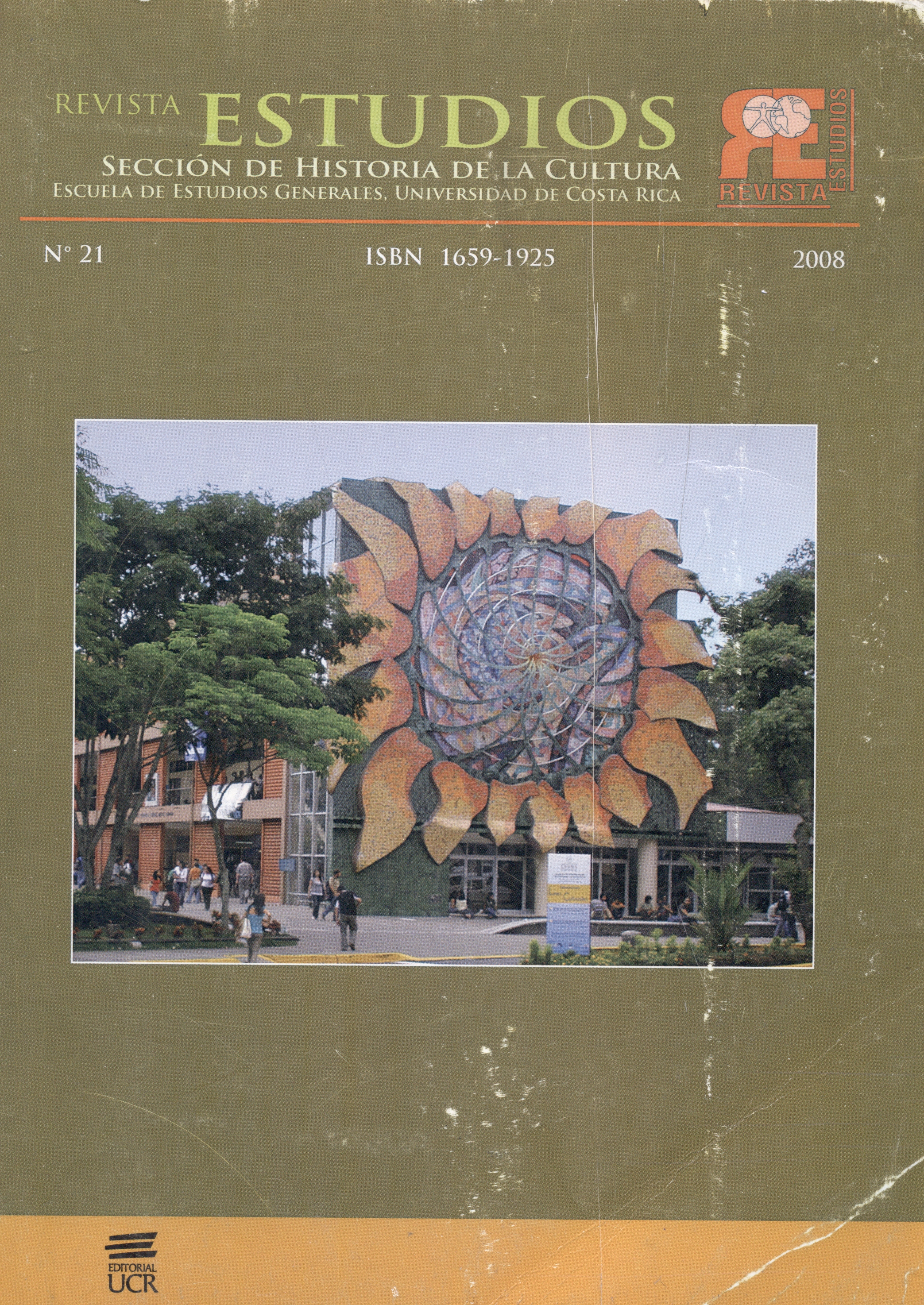Abstract
This working-paper contains a set of reflections about new approaches to the study of the military conflict between Honduras and El Salvador in the year 1969, emphasizing on the political and institutional processes that lead to the conflict. The first part of the paper is a brief reflection on national remembrances of the conflict in both countries Honduras and El Salvador. Afterwards the document addresses the way in which the aforementioned conflict has been studied in the academic realm with special attention on the mass movements of patriotic inspiration in both countries. The paper examines the way in which the political processes related to the conflict had been addresses in two previous works about this armed conflict. Emphasizing the dominant role of the military class in the political systems of the belligerent countries, the author put special interest on the role of the civilians on the way the systems operate. The final part of the paper focus using different perspectives on the causes and motivations that lead to war and about the goal s that El Salvador intended to achieve by the use of violence. The last message of the paper insists on the necessity of the integration of the different historic interpretations and the national remembrances of the conflict.
References
Anderson, Thomas P. (1981). The War of the Dispossessed: Honduras and El Salvador, 1969. Lincoln, NE: University of Nebraska Press.
Arancibia C., Juan. (l988).Honduras: ¿un Estado Nacional? Editorial Guaymuras. Tegucigalpa.
Baloyra, Enrique. (1982).EI Salvador in Transition. The University of North Carolina Press.
Bowman, Kirk S., Militarization, Democracy, and Development: the perils of praetorianism in Latin America. The Pennsylvania State University Press. University Park. Pennsylvania.
Castro Morán, Mariano. (1989.).Función política del ejército salvadoreño en el presente siglo. UCA Editores. San Salvador.
De la posguerra a la crisis. Héctor Pérez Brignoli, ed. Historia General de Centroamérica, tomo V. FLACSO-Programa Costa Rica, San José, 1994.
Dunkerley, James. (l990).Power in the Isthmus. A political History of Modern Central America. Verso. New Left Books. London.
Jiménez. Eddy E. La Guerra no fue de fútbol. Mención Ensayo. Colección Premio Casa de Las Américas 1974. La Habana, Cuba.
Lovo Castelar, Luis. (1971). La Guardia Nacional en campaña: Relatos y crónicas de Honduras. San Salvador: Editorial Lea.
Overall, Mario E. (2004). The 100 Hour War. Latin American Aviation Historical Society, (LAAHS). http://www.laahs.com/artman/ publish/article_19.shtml. The Latin American Aviation Historical Society.
Ropp, Steve C. "The Honduran Army in the Sociopolitical Evolution of the Honduran State", The Américas, vo1.30, (4 April 1974): 504-28. Pp. 518-519.
Rouquié, A. (1984). El Estado Militar en América Latina. Emecé editores. Buenos Aires, Argentina.
Rowles, James.( 1980). El conflicto Honduras-El Salvador (1969). EDUCA. San José, Costa Rica.
Sarlo, Beatriz. (2005). Tiempo pasado. Cultura de la memoria y giro subjetivo. Una discusión. Siglo XXI Editores. México.
Sierra, César Elvir. (2006). El Salvador, Estados Unidos y Honduras: la gran conspiración del gobierno sal vadoreño para la guerra de 1969. 2 a edición. Tegucigalpa: Litografía López.
Slutsky, Daniel & Marco Virgilio Carías. (1971). La Guerra Inútil. Análisis socioeconómico del conflicto entre Honduras y El Salvador. Editorial Universitaria Centroamericana (EDUCA). San José, Costa Rica.
Torres Rivas, Edelberto. (1988).Introducción. En Menjívar, Rafael et al. El Salvador: una historia sin lecciones Ediciones FLACSO, San José.
Von Clausewitz, Kart (1984). De la Guerra. Labor/ Punto Omega. Barcelona.
White, Alastair. (1996). El Salvador. UCA Editores. San Salvador.

